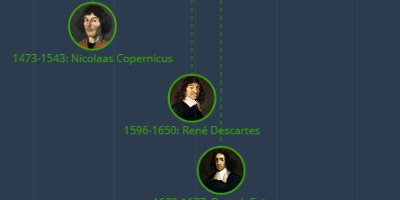Info Jean-Jacques Rousseau (jan 1, 1712 – jan 1, 1712)
Description:
Jean-Jacques Rousseau was a (political) philosopher, writer and composer. He wrote the famous novelles Julie and Emile (the text from the reader). He also wrote the very political influential ‘The Social Contract’ and he participated in the writing of Diderot’s Encyclopedia. His thoughts and writings were of a very big importance in the Enlightment.-'Back to Nature' --> in a way primitivism.
Rousseau about 'The Social Contract':
Rousseau posits that the political aspects of a society should be divided into two parts. First, there must be a sovereign consisting of the whole population, women included, that represents the general will and is the legislative power within the state. The second division is that of the government, being distinct from the sovereign. This division is necessary because the sovereign cannot deal with particular matters like applications of the law. Doing so would undermine its generality, and therefore damage its legitimacy. Thus, government must remain a separate institution from the sovereign body. When the government exceeds the boundaries set in place by the people, it is the mission of the people to abolish such government, and begin anew. (Dus het volk onderling moet eigenlijk een sociaal contract sluiten, terwijl Locke juist vindt dat het volk een sociaal contract met zijn vorst moet sluiten).
Rousseau about pedagogy in Emile:
A natural pedagogy is the best one. This means that people shouldn’t interfere with the children’s development too much, quote: ‘’God makes all things good; man meddles with them and they become evil’’. As to the ones who should receive this education, Rousseau states it is important to educate the ordinary people, since they are already half-way to being educated compared to poor people (men).
Children shouldn’t be slaves of habits, they should learn what they want to learn (by experience) by following their interests, not what someone wants them to learn. This way the education is way more efficient and successful, they will learn faster. Young children aren’t ready to be talked to reasonally, they first must explore the world with their senses. Later on you can give children information when its valuable to them, when they want to know it.
Added to timeline:
Date:
jan 1, 1712
jan 1, 1712
~ 0 min
